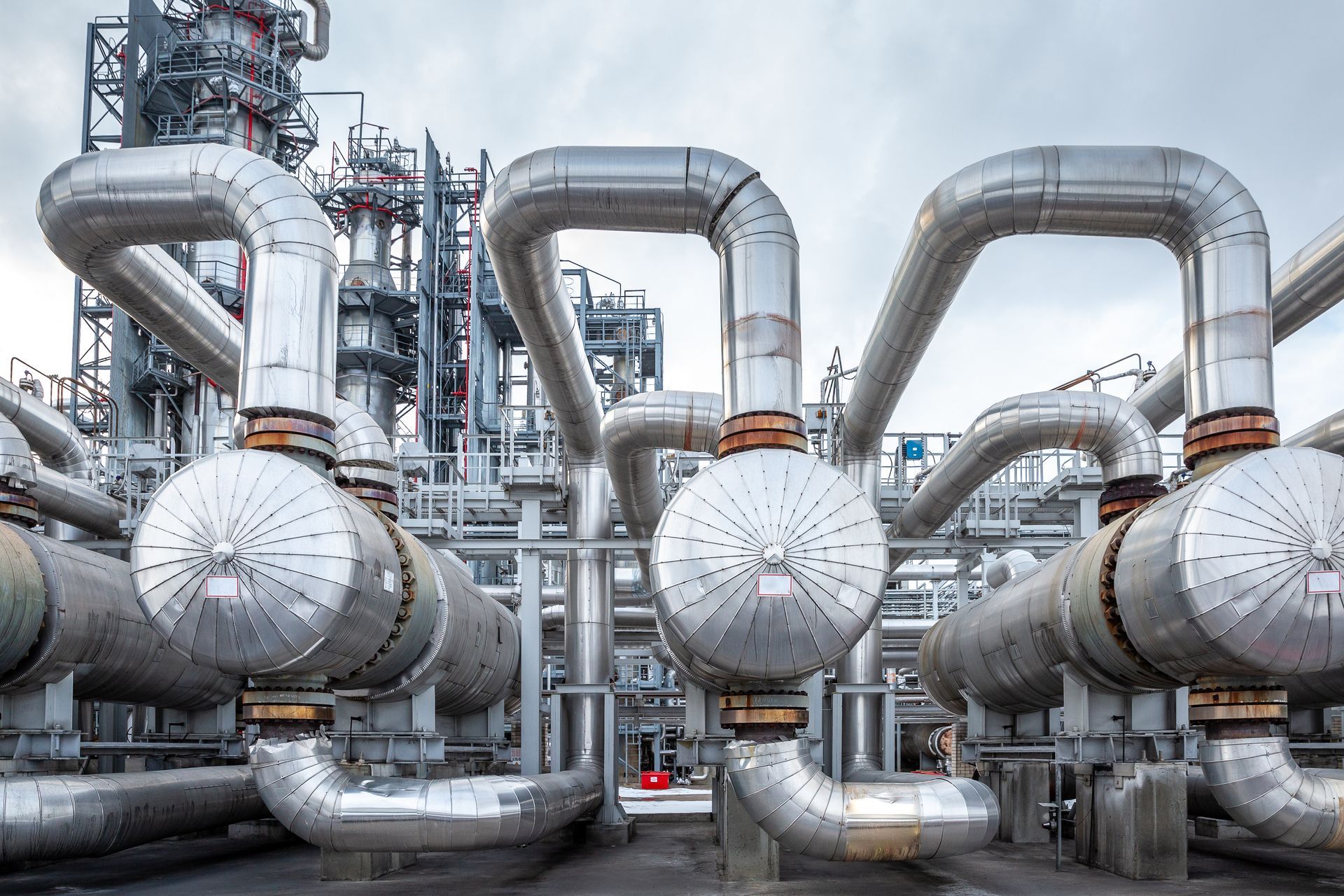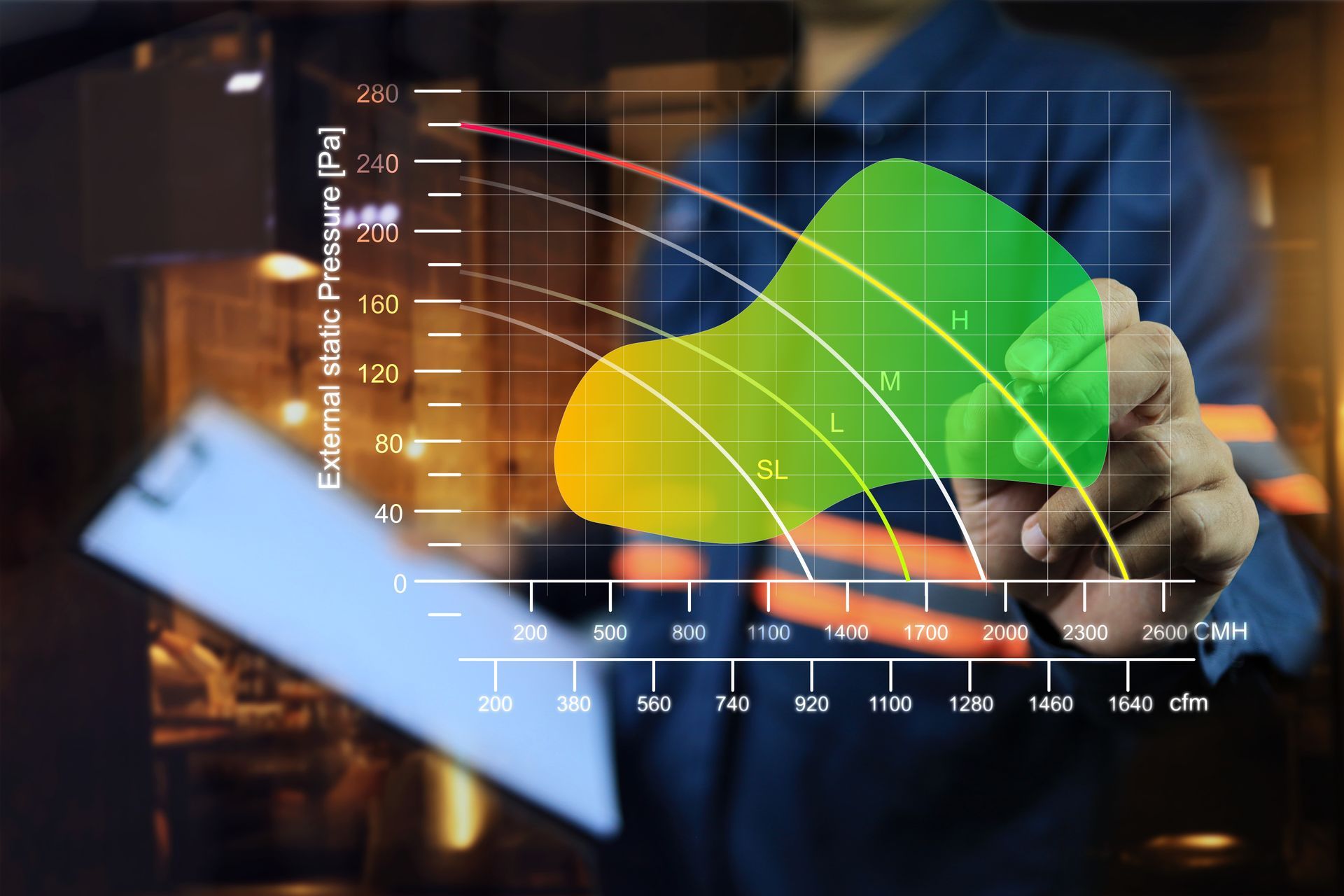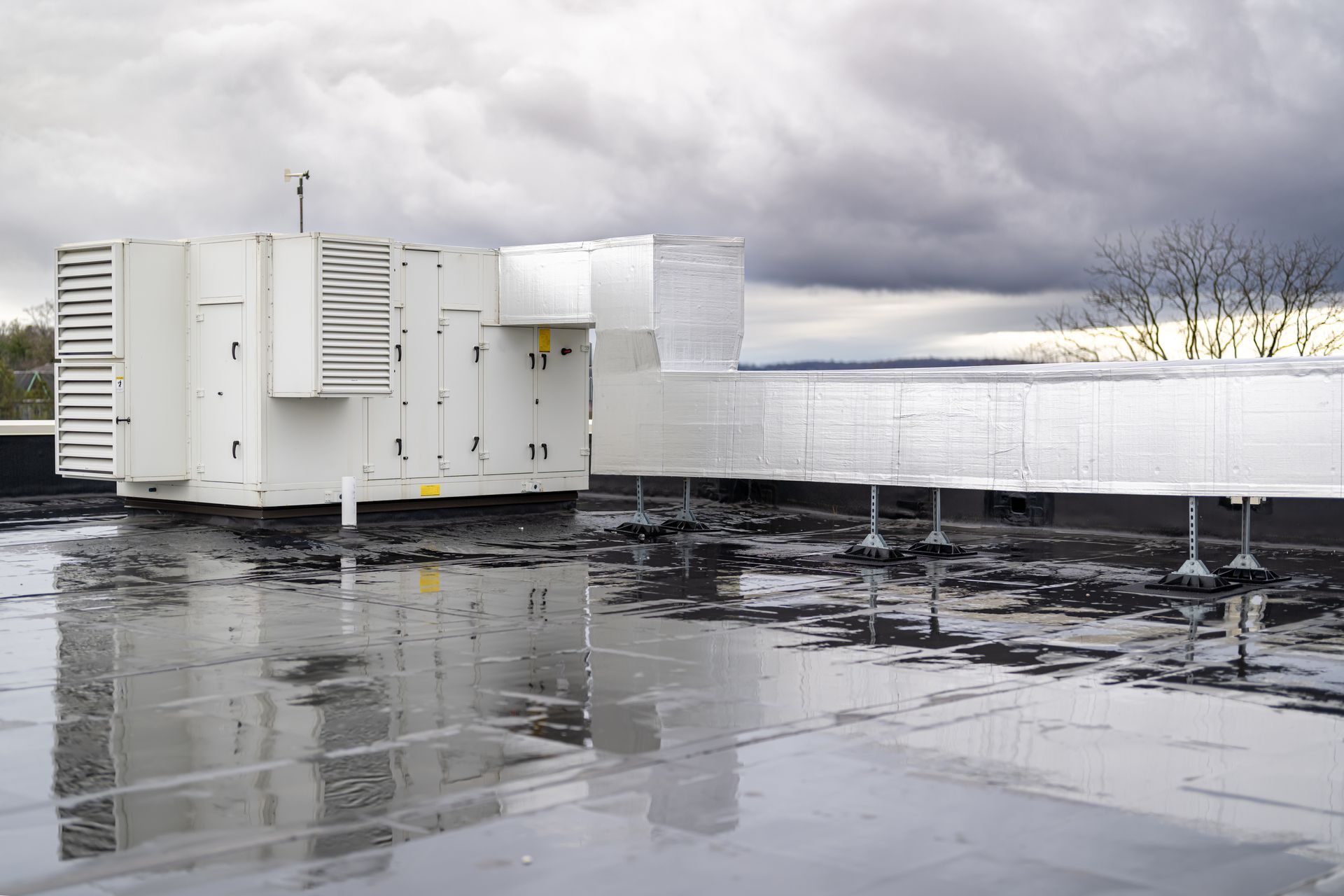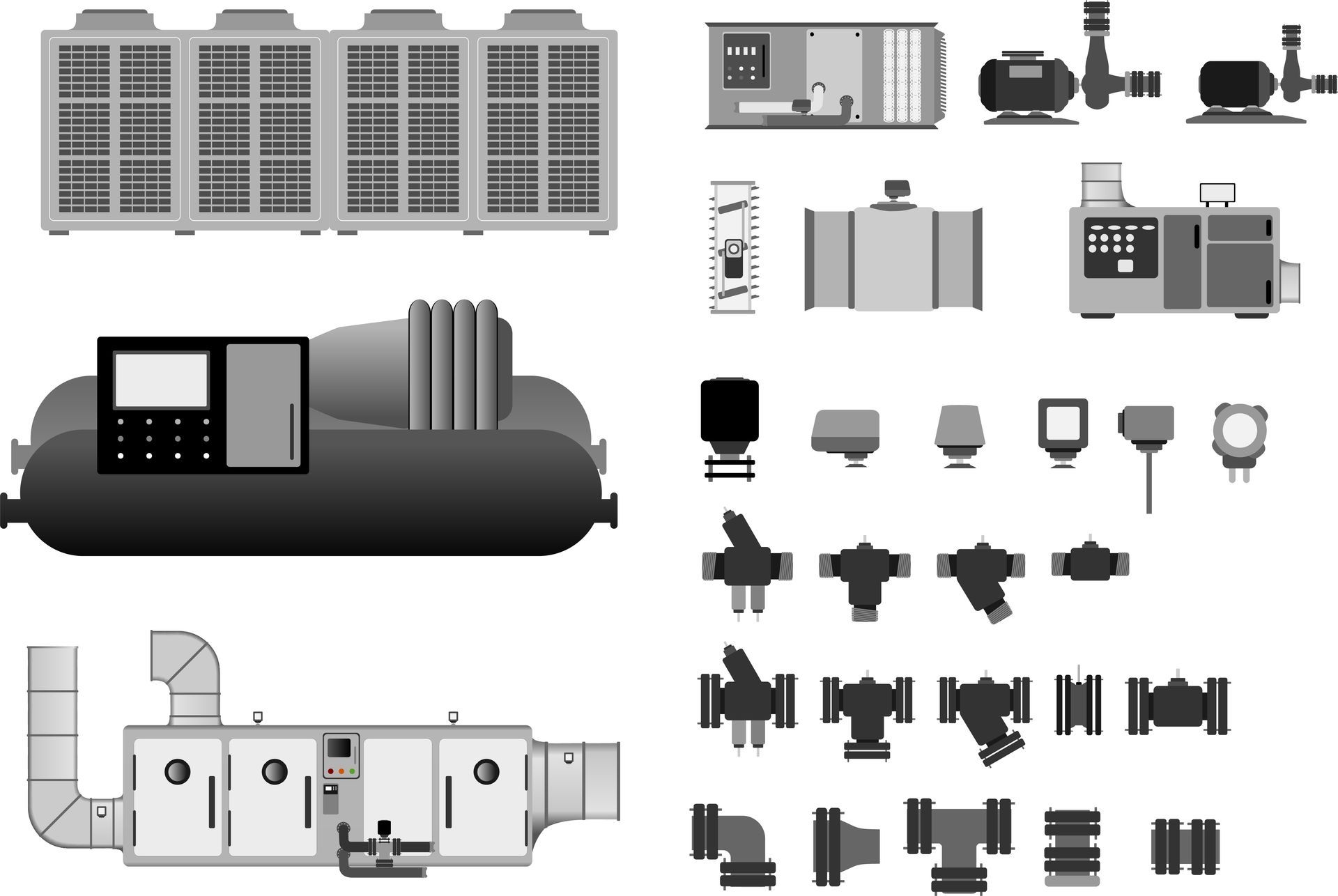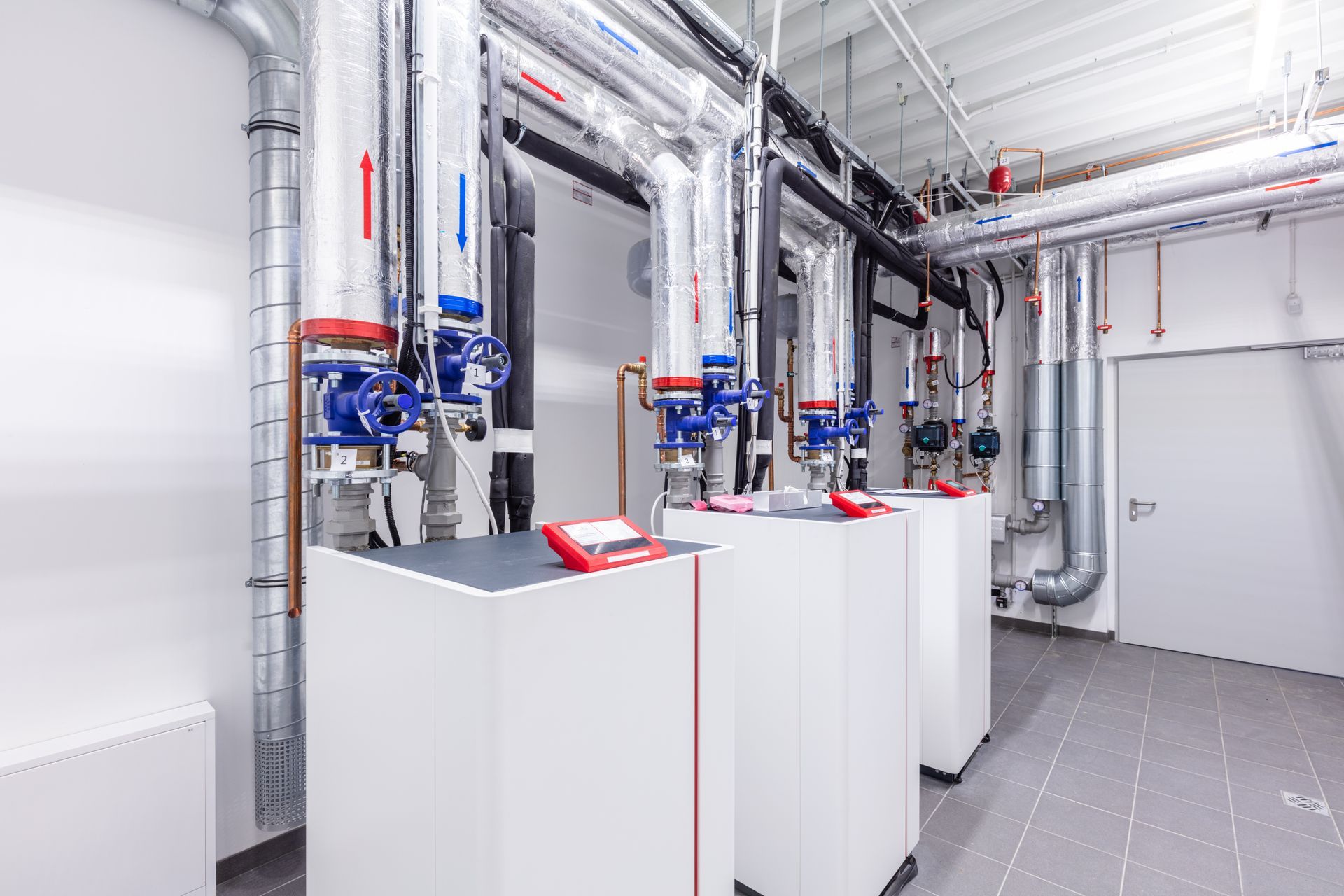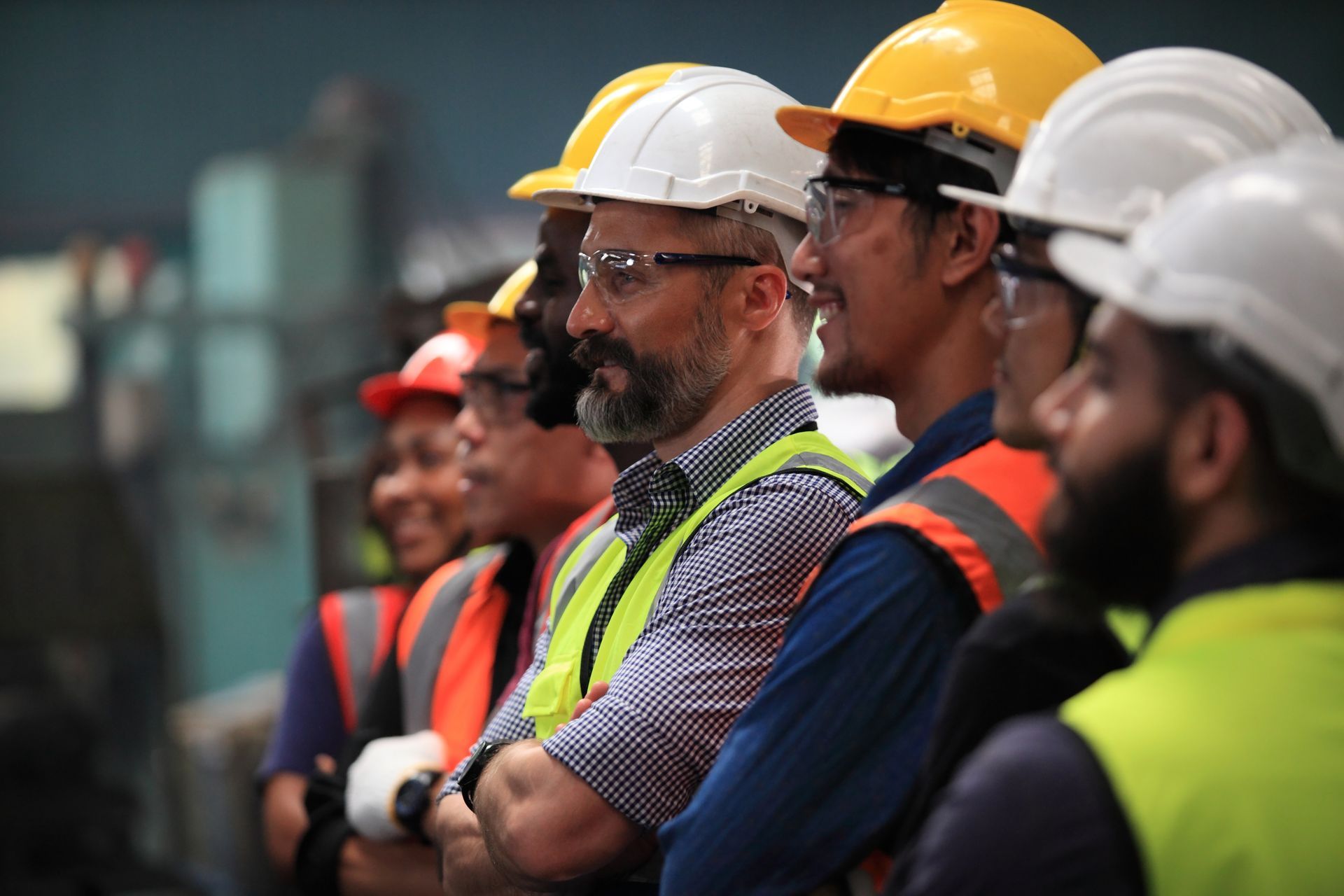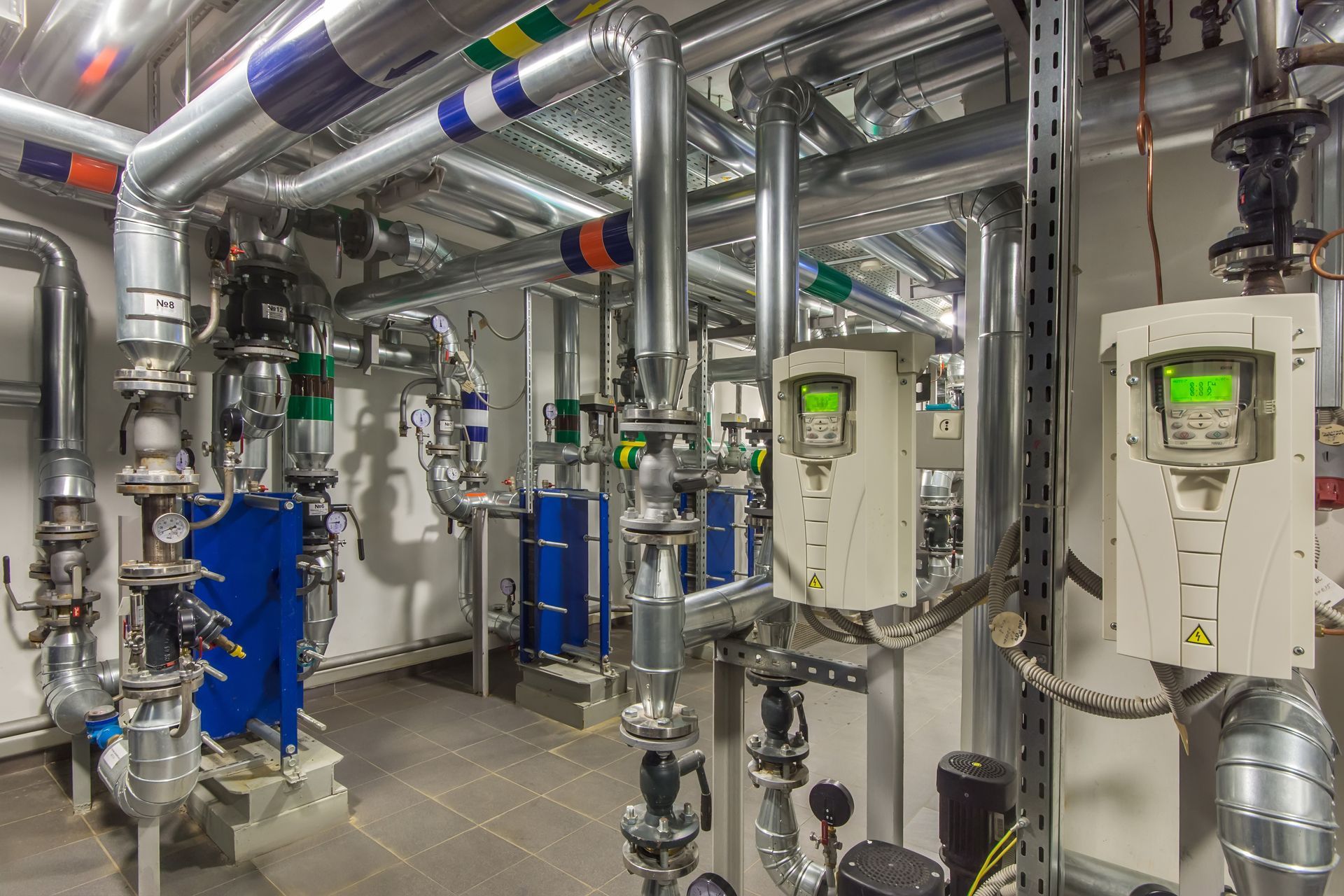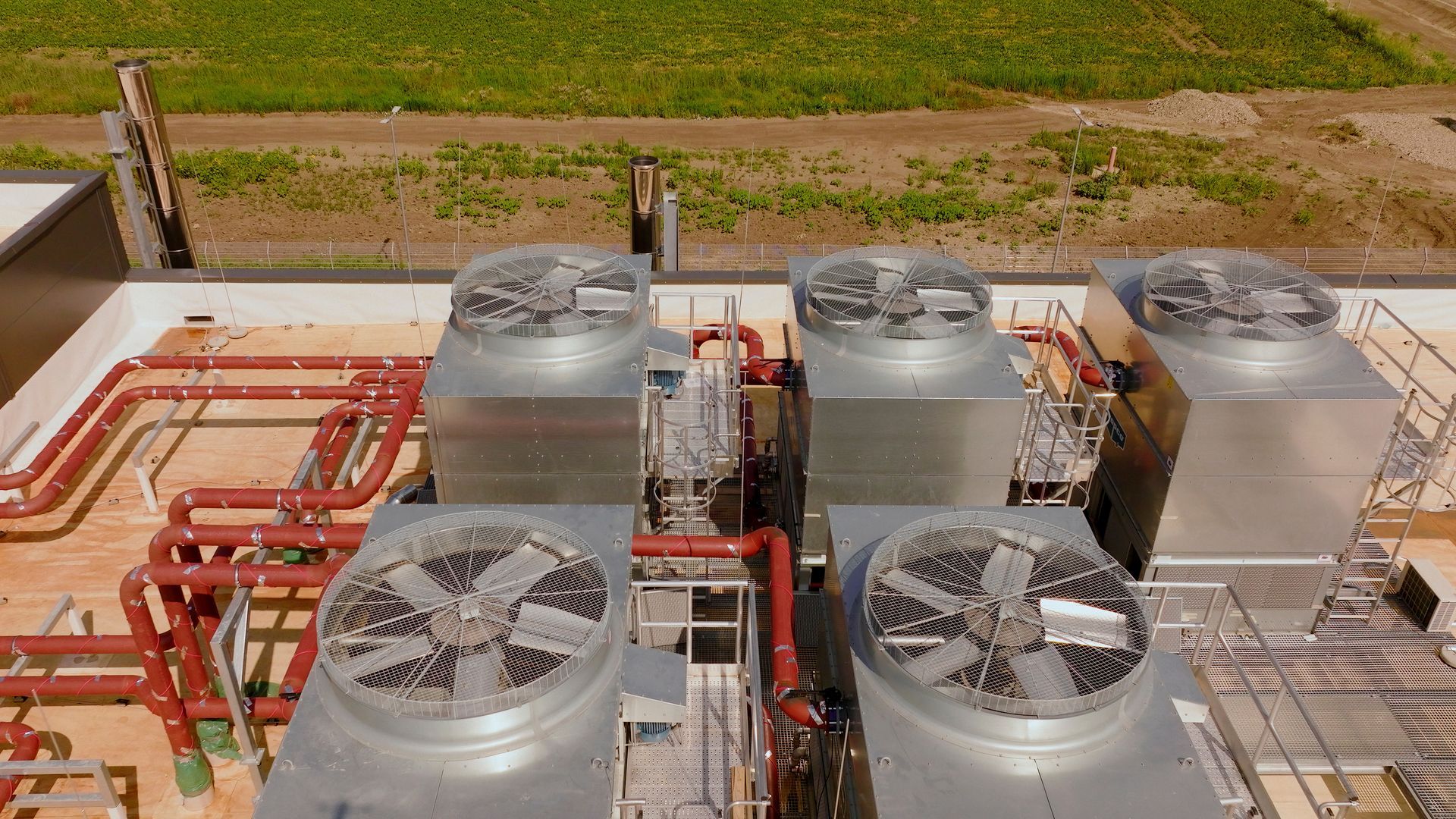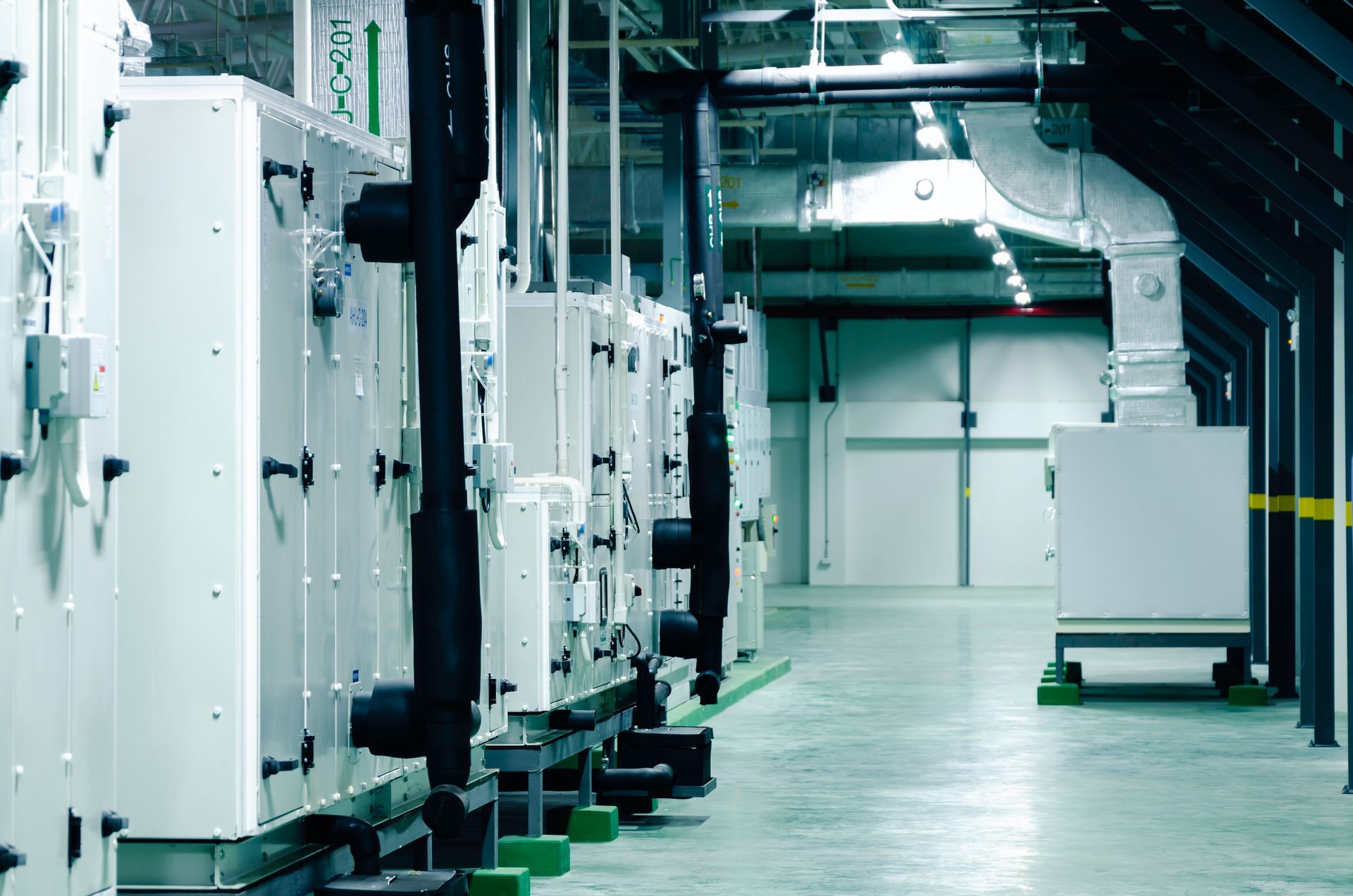Why Older Commercial Buildings Are Prone to HVAC Short Cycling and What to Do About It
Share
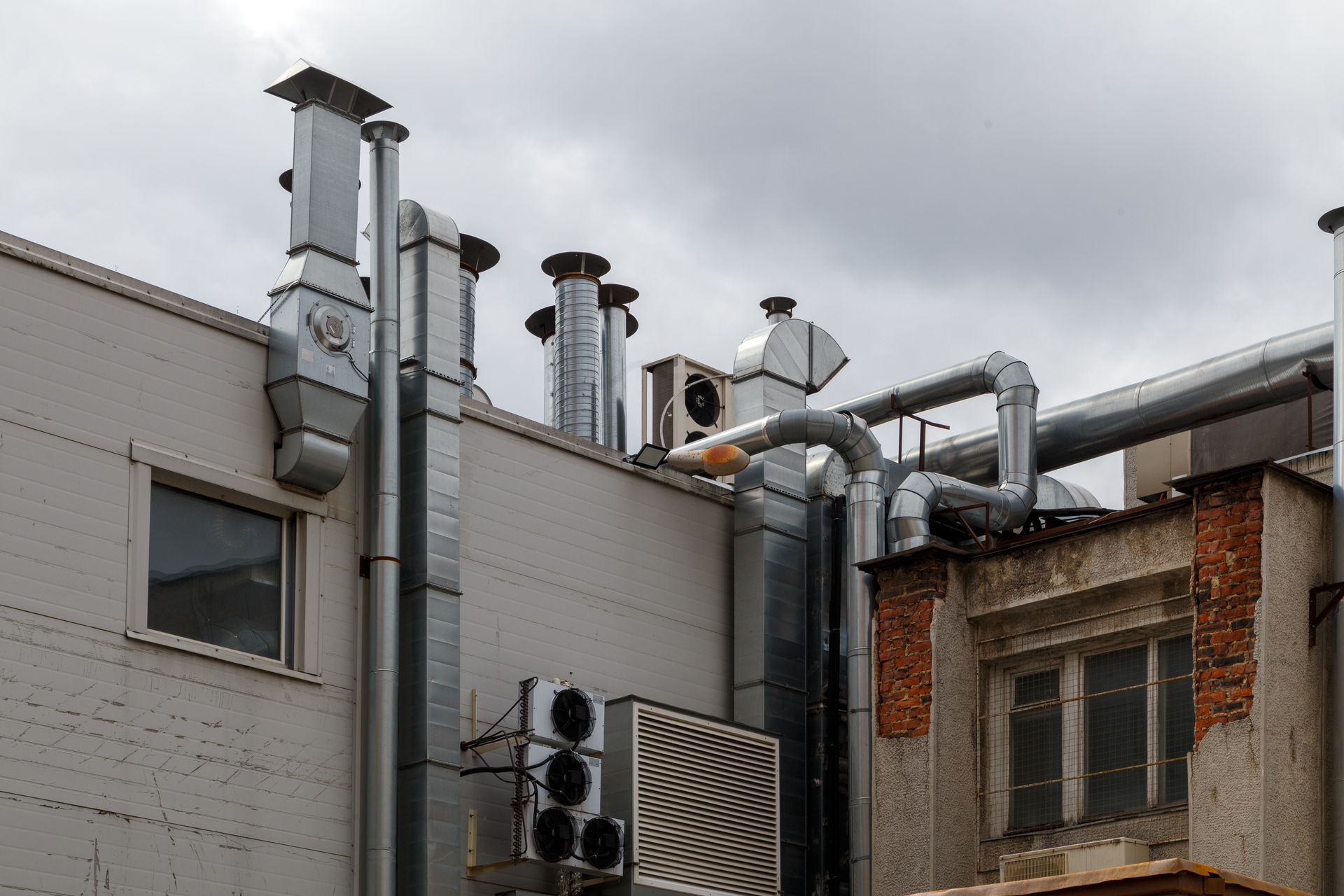
Short cycling is when your system turns on, runs for a short time, and then shuts off before completing a full heating or cooling cycle. It’s one of the most common, and most frustrating, issues affecting HVAC systems in older commercial structures.
Short cycling is more than just an annoyance because it wears out your equipment, reduces energy efficiency and often fails to maintain proper indoor comfort.
What Causes Short Cycling in Older Buildings?
Although there could be a single failing component or problem causing short cycling, it’s not uncommon for the phenomenon to be attributable to overlapping issues. Older buildings in particular tend to have certain characteristics that make short cycling more likely.
Outdated or Oversized Equipment
Many older buildings have had HVAC systems replaced over time, but not always with equipment that matches the building’s current needs. If a newer unit was oversized to “cover more ground,” it may cool or heat the space too quickly, triggering the thermostat to shut it off before completing a full cycle. This quick on-and-off pattern leads to excess wear and poor humidity control.
Poor Insulation or Airflow Design
A building with drafty windows, damaged insulation or irregular duct layouts can experience uneven temperature swings that confuse the thermostat. This causes the system to turn on and off more frequently as it attempts to compensate.
Improper Thermostat Placement
Older buildings may still rely on thermostats installed decades ago, sometimes in poor locations like near doorways, vents or sun-exposed walls. Improper thermostat placements can cause inaccurate temperature readings that result in the system cycling unnecessarily.
Electrical or Control Board Issues
Faulty wiring or aging control systems can misfire, signaling the unit to shut off early even when no temperature change has occurred. These problems are especially common in buildings with outdated breaker panels or inconsistent power delivery to rooftop units.
Why Short Cycling Is a Problem You Can’t Ignore
When your HVAC system short cycles, it never gets the chance to operate at its most efficient level. The system draws the most electricity at startup, and repeated cycling leads to wasted energy, uneven temperatures and extra strain on critical components like compressors and blower motors.
In commercial buildings, this can result in:
- Higher energy bills
- Increased complaints from occupants or tenants
- Reduced indoor air quality and humidity control
- Premature equipment failure
What to Do About Short Cycling in a Commercial Property
The cost and complexity of fixing short cycling can vary significantly based on the cause. If it’s something simple like loose connections, a failing control board or an old thermostat, the issue might not be expensive to fix. If the short cycling is due to fundamental ductwork or system problems, the solution can be more complicated.
Evaluate Equipment Sizing
If your system is oversized for your space, a technician may recommend staging solutions, zoning upgrades, or, in some cases, a properly sized replacement. Correctly sizing a system helps it run longer, more efficient cycles without overcooling.
Inspect Ductwork and Insulation
Professional ductwork evaluation can reveal air leaks, uninsulated ducts or disconnected zones that may be undermining airflow. Fixing these problems can stabilize temperatures and reduce unnecessary cycles.
Assess Thermostat Location and Calibration
Relocating or upgrading one or more of your building’s thermostats may solve cycling issues caused by inaccurate readings. Many newer models include sensors to average out readings from multiple zones.
Repair or Replace Failing Components
Sometimes the problem comes down to a bad capacitor, dirty coils or shorted wires, all of which are relatively affordable repairs if caught early.
Consider Control Upgrades
Older buildings may benefit from upgrading to digital controllers or building automation systems that give you better scheduling, zoning and diagnostic capabilities.
Get a Solution to Your Building’s Air Conditioner Problems
Short cycling, as well as other air conditioning performance problems, won’t fix themselves. If your system is turning on and off too frequently, or your indoor comfort seems to be in decline, you should call a commercial HVAC specialist as soon as possible. The longer a problem remains unresolved, the more it may cost to repair.
The Arlington commercial HVAC specialists at Tom’s Commercial can identify the root cause of your system’s problems and recommend the best long-term solution for your building and budget.
a
Call 817-857-7400 today to schedule an evaluation.

